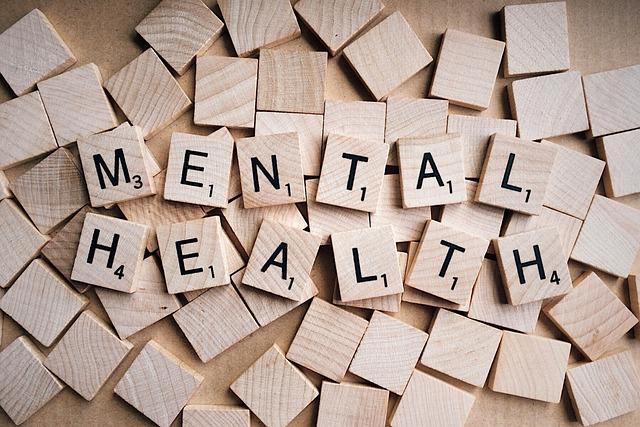In the digital age, our smartphones have become gateways to a universe of solutions, offering everything from navigation to nutrition advice. Among these virtual tools, mental health apps have emerged as beacons of hope for those seeking solace and support. With a few taps, users can meditate, track moods, or even chat with a therapist. But as these apps proliferate, a pressing question arises: Are they truly effective in fostering long-term mental well-being, or do they merely serve as temporary band-aids for deeper, more complex issues? This article delves into the heart of the debate, exploring the potential and pitfalls of mental health apps in our increasingly connected world.
Navigating the Digital Mindscape: Evaluating App Efficacy
In the rapidly evolving digital landscape, mental health apps have emerged as accessible tools for self-help and support. Evaluating their efficacy, however, involves a complex interplay of factors. Many apps offer features like mood tracking, guided meditations, and cognitive behavioral exercises, which can be beneficial for users seeking immediate relief or supplemental support. They provide a sense of empowerment and accessibility, especially for those unable to access traditional therapy due to cost or availability.
Yet, the question remains whether these apps serve as a comprehensive solution or merely a temporary fix. Critics argue that while apps can be helpful for managing symptoms, they may not address underlying issues that require professional intervention. Key considerations when evaluating these tools include:
- Evidence-based content: Does the app use clinically validated methods?
- User engagement: How effective is the app at maintaining user interaction over time?
- Privacy and security: Are user data and privacy adequately protected?
Ultimately, the effectiveness of mental health apps may vary widely among individuals, and they should be viewed as part of a broader mental health strategy.

Unpacking the Benefits: How Apps Support Mental Wellness
In an era where smartphones are practically extensions of ourselves, mental health apps have emerged as accessible tools for emotional support. These apps offer a range of features that can aid in mental wellness, providing users with resources that might otherwise be difficult to access. Among the key benefits are:
- Accessibility: Available 24/7, these apps offer immediate support, making mental health resources more reachable than ever before.
- Personalization: With tailored programs and exercises, users can engage with content that resonates with their individual needs.
- Cost-effectiveness: Many apps provide free or affordable options, breaking down financial barriers to mental health care.
While these benefits are noteworthy, it’s important to recognize that apps are not a one-size-fits-all solution. They often serve as a complementary tool, best used alongside professional therapy and support systems. The key lies in integrating these digital resources with traditional care to create a holistic approach to mental wellness.

Beyond the Screen: Addressing Underlying Mental Health Challenges
While mental health apps offer convenient tools for managing stress and anxiety, they may only scratch the surface of deeper psychological issues. These digital solutions often provide quick relief through meditation guides, mood trackers, or cognitive exercises. However, they might not address the underlying causes that require more comprehensive intervention. The reliance on apps can sometimes lead to the illusion of progress, potentially delaying the pursuit of professional help.
- Lack of Personalization: Unlike therapy, apps may not adapt to individual needs.
- Temporary Solutions: They can offer immediate support but might not resolve core issues.
- Privacy Concerns: User data security remains a significant consideration.
- Supplement, Not Substitute: Best used alongside traditional therapeutic methods.
For those facing complex mental health challenges, these apps should be viewed as part of a broader strategy that includes therapy, lifestyle changes, and possibly medication. As technology advances, the potential for more personalized and effective digital interventions grows, but the human element of empathy and understanding remains irreplaceable.

Crafting a Balanced Approach: Recommendations for Effective Use
To ensure mental health apps serve as more than just a fleeting solution, it’s crucial to adopt a well-rounded strategy. Here are some key recommendations:
- Integration with Professional Support: Mental health apps should complement, not replace, traditional therapy. Encourage users to discuss app usage with their therapists to tailor a cohesive treatment plan.
- Mindful Usage: Set clear boundaries for app usage to prevent over-reliance. Designate specific times for app interaction to maintain a balanced routine.
- Personalization: Choose apps that allow customization to cater to individual needs, ensuring that users engage with content that resonates with their personal mental health goals.
Balancing digital tools with real-world interactions can enhance the overall effectiveness, transforming these apps into valuable components of a broader mental health strategy.





